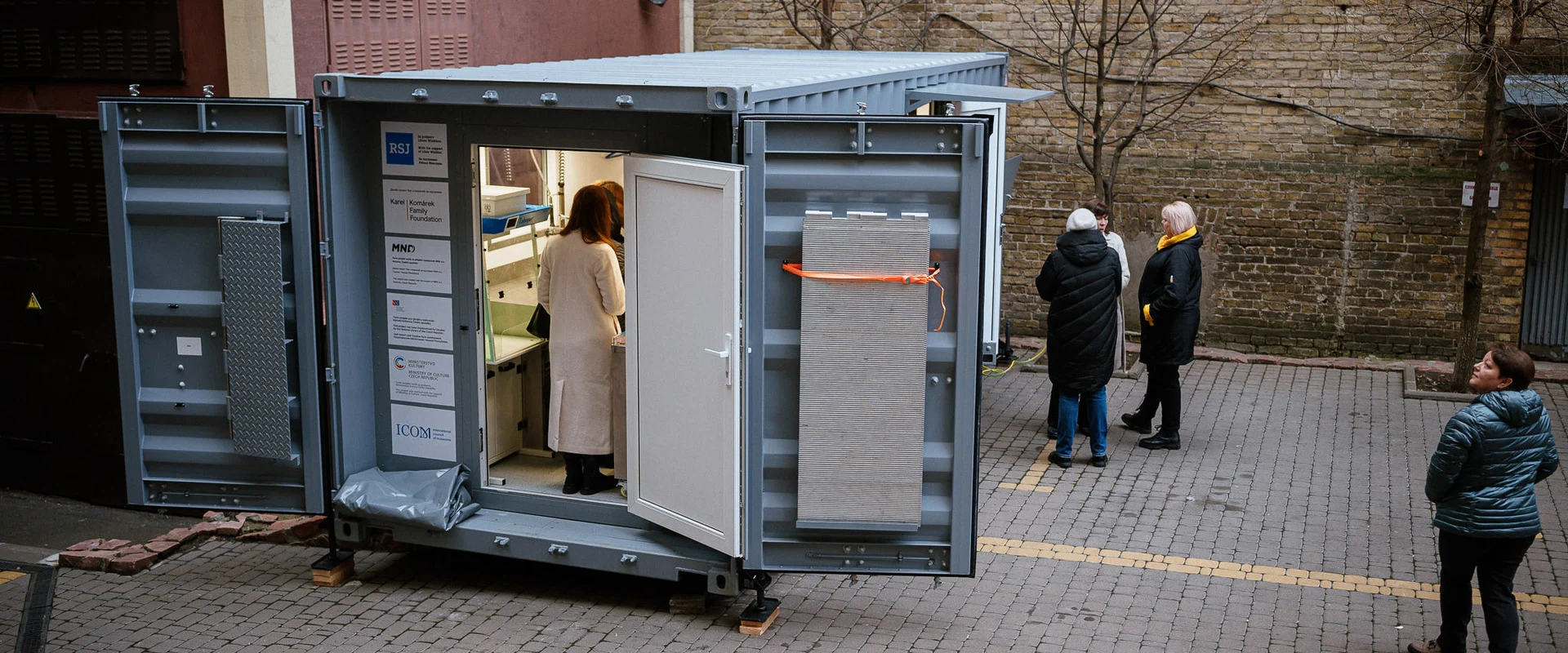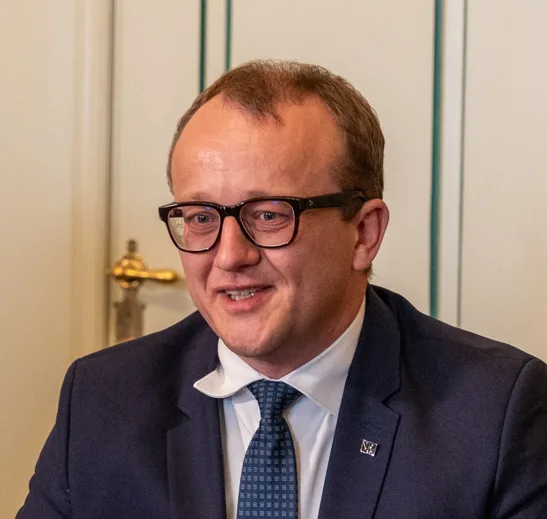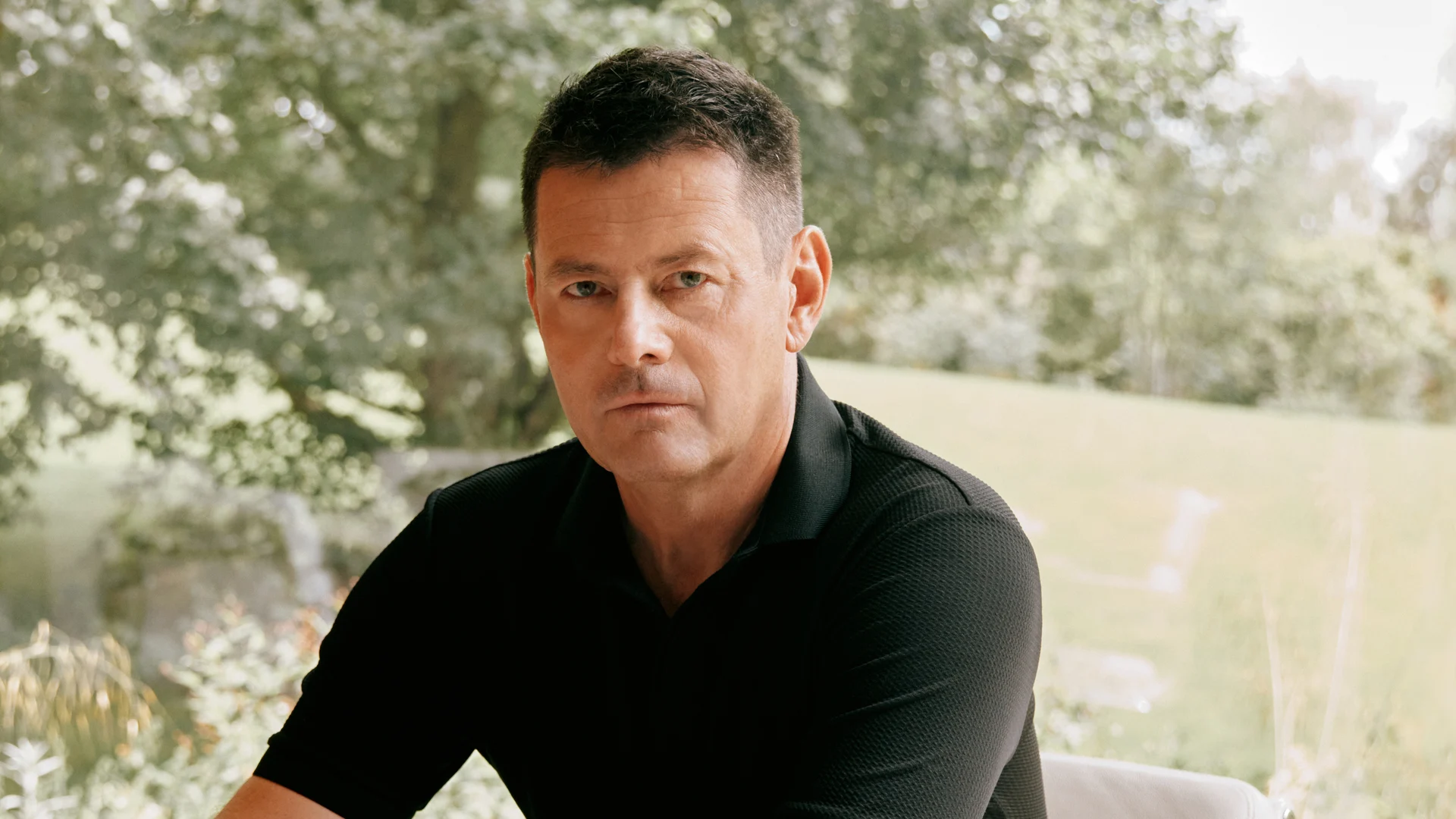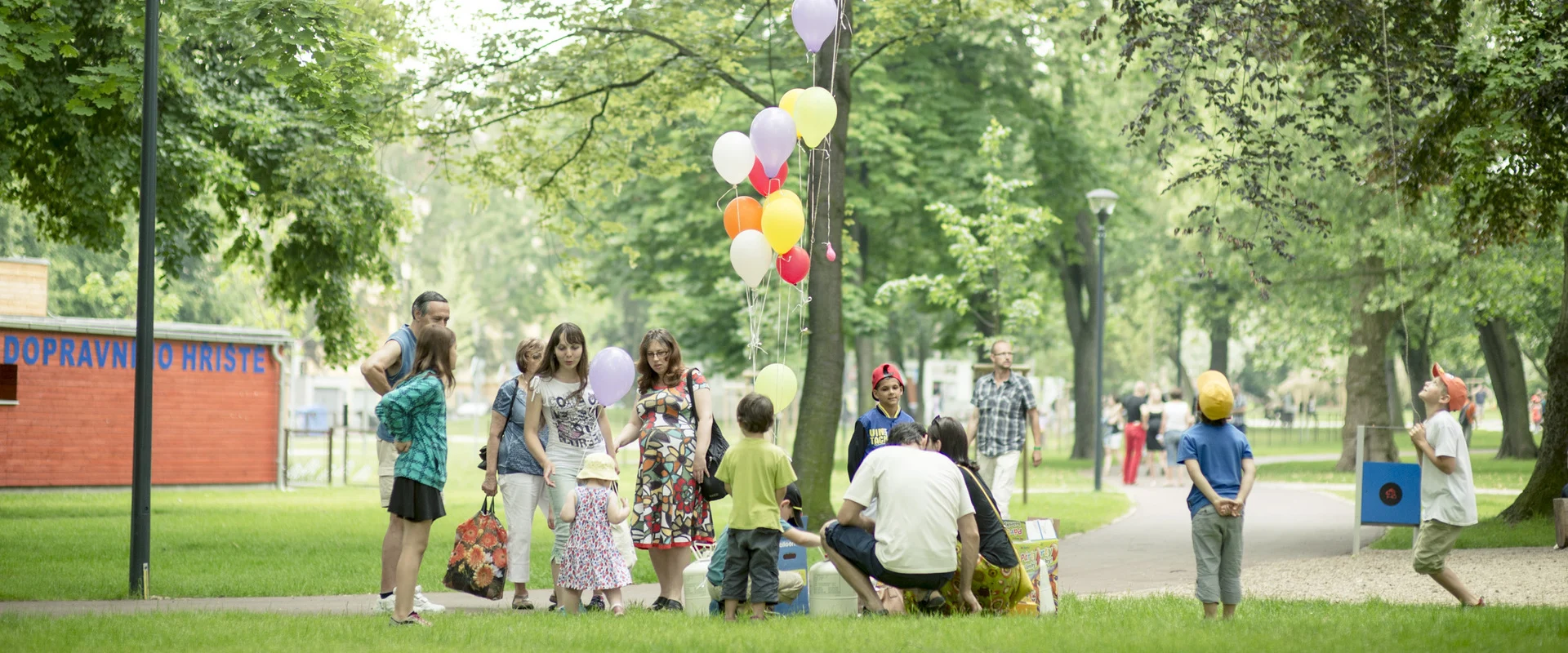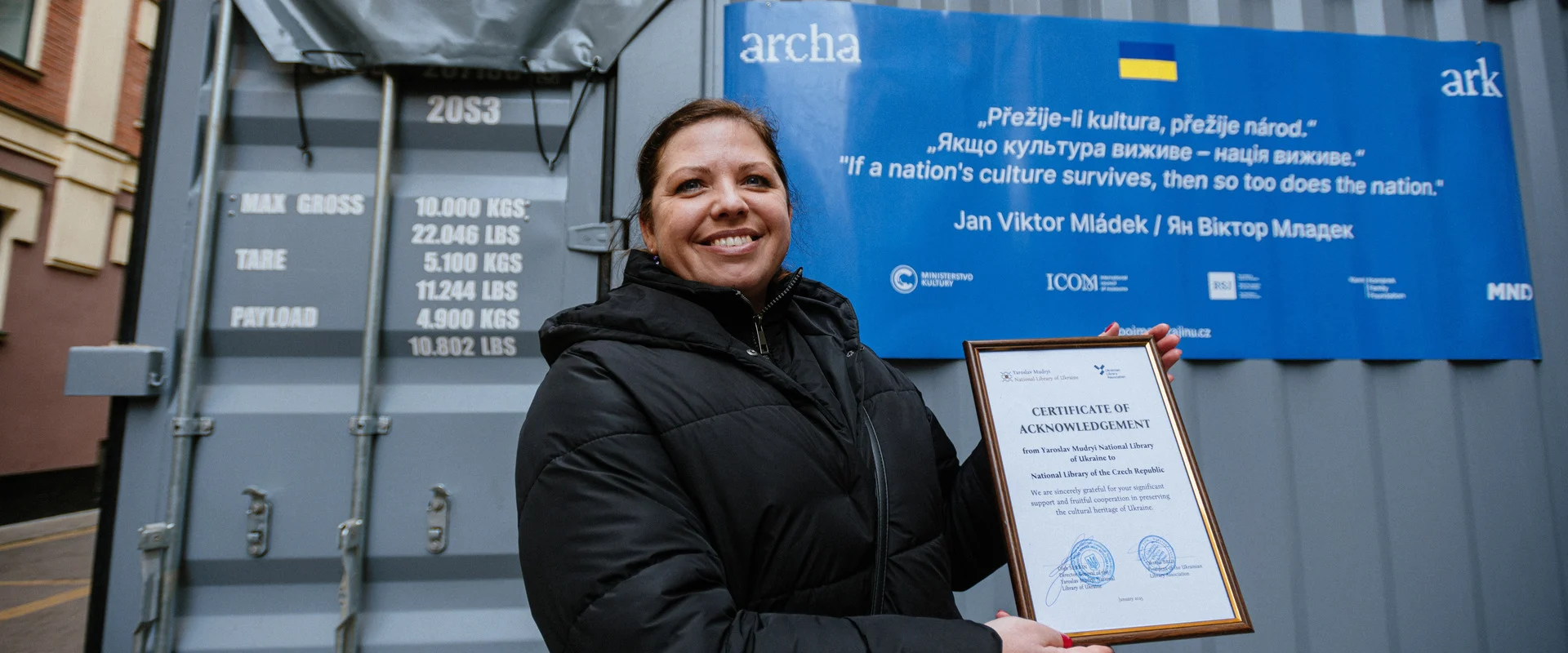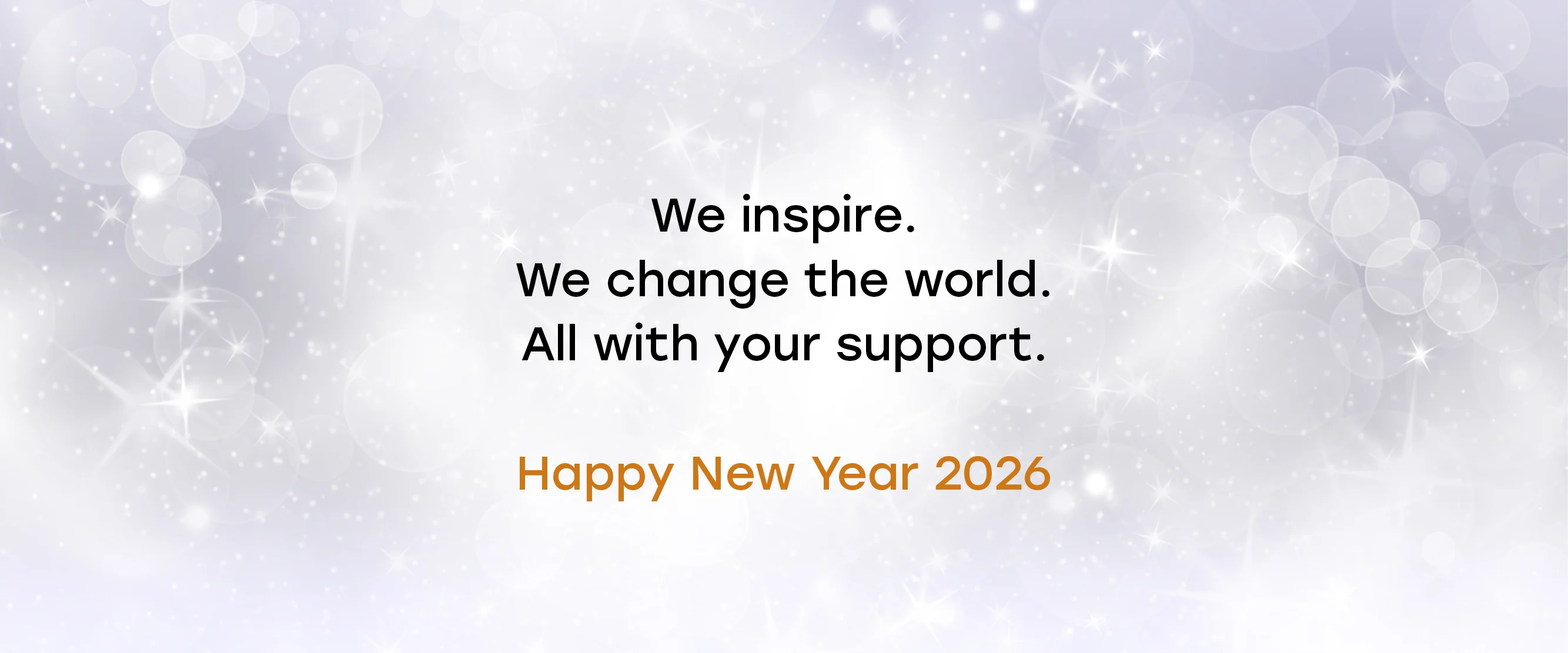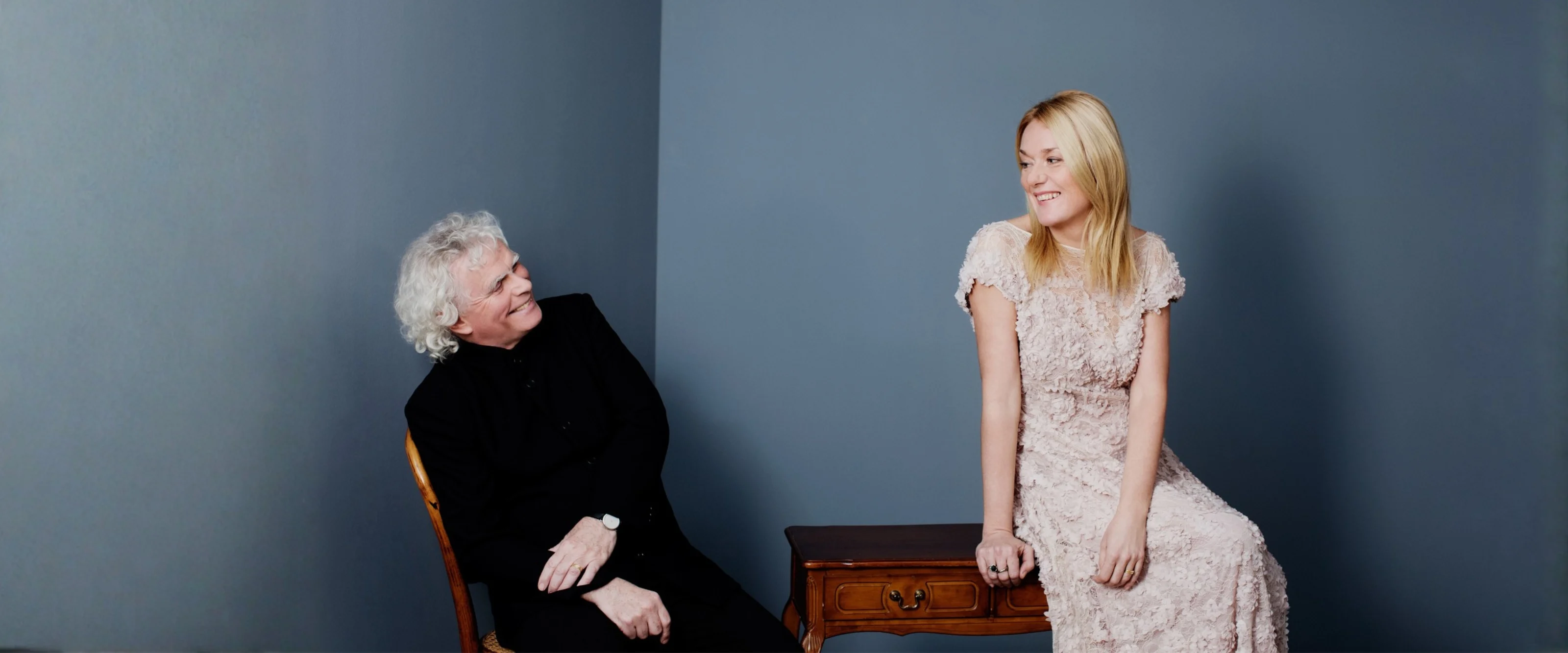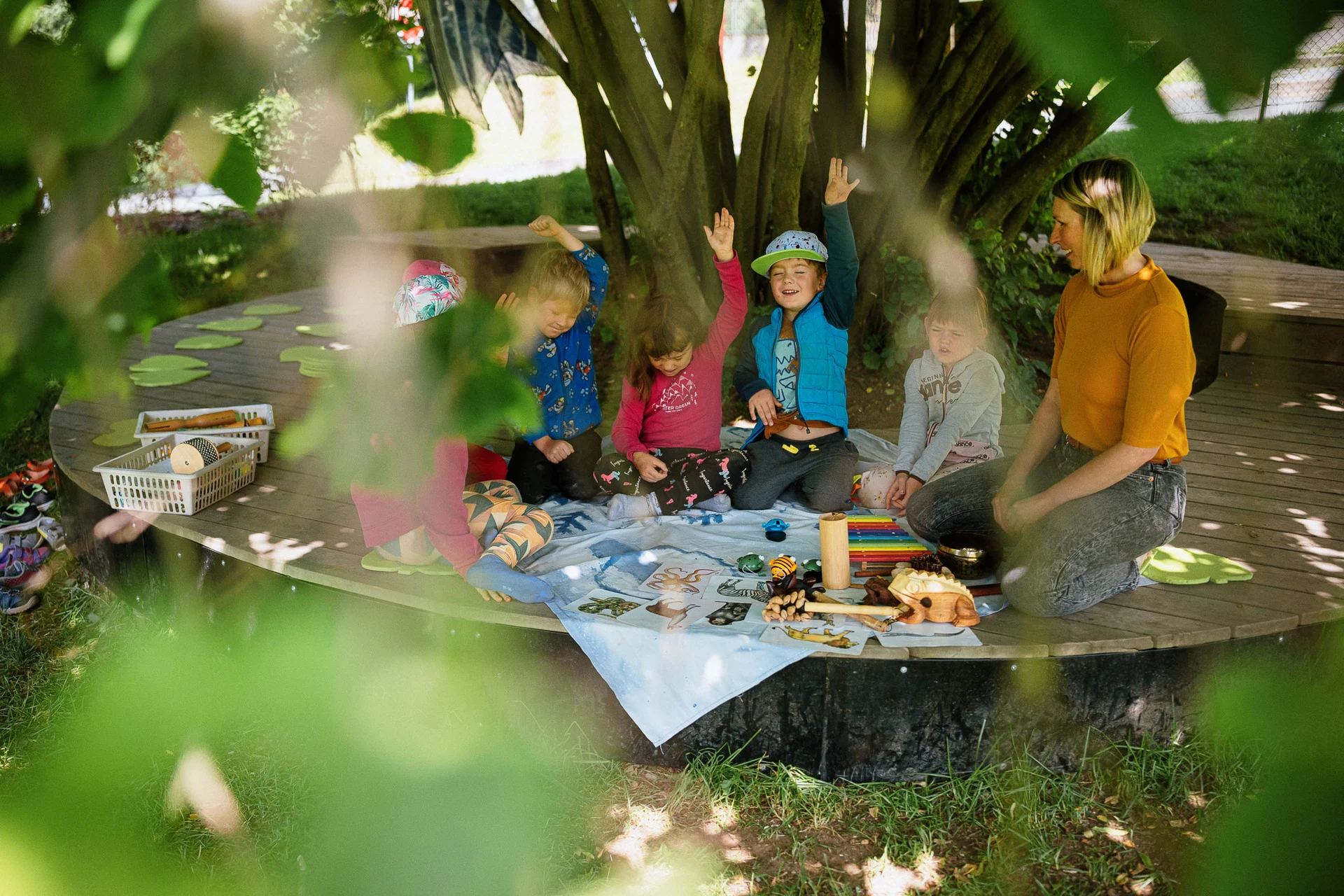This periodical, focused on social innovation, offered a comprehensive perspective on how philanthropy can help in times of crisis not only financially but also through concrete know‑how and infrastructure.
Journalist Paul Hockenos, whose work has previously appeared in leading international outlets such as The New York Times and Newsweek, emphasised that the project represents both a technological solution and a symbol of solidarity and cooperation between the Czech Republic and Ukraine.
Ark I has already delivered tangible results: shortly after its completion, it became operational and, within the first months of its activity, restored more than 150 documents.
Publication in such a prestigious medium confirms the importance of this innovative project for Ukraine. The experience with the first unit has laid the foundation for the development of further laboratories: Ark II, focused on the digitisation of written materials, and Ark III, which specialises in 3D scanning of cultural heritage objects.
“I consider the Ark Project meaningful also because supporting culture is one of the core missions of the KKFF. We have been supporting Ukraine for a long time. As we continuously learn about Russia’s destruction of Ukrainian culture, we perceive the necessity of the Ark even more urgently. I hope our initiative will become an example for the whole world of how we can preserve tangible cultural heritage in a modern way,” said Luboš Veselý, KKFF Director.
Ark I is a mobile digitisation and conservation laboratory. It was created in response to the Russian invasion of Ukraine to protect endangered cultural heritage. It is equipped with state‑of‑the‑art technology for scanning manuscripts, books, maps, and photographs, enabling their safe digital preservation and conservation directly under crisis conditions.
![]()
![]()
Newsletter
